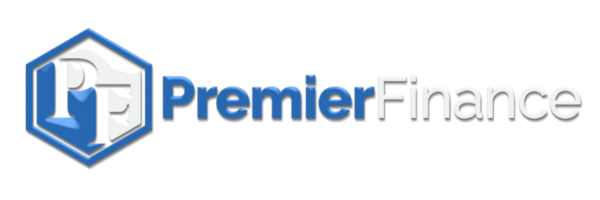If you’re a business owner looking to secure financing, it’s important to understand the key business loan requirements that lenders look for when reviewing loan applications. In the world of business, loans are a common way for businesses to obtain the capital they need to grow and succeed. In this article, we will discuss the key business loan requirements that businesses should be aware of.
Credit Score
One of the most important factors that lenders consider when reviewing a loan application is the credit score of the business owner. A credit score is a numerical representation of a person’s creditworthiness and financial history. A high credit score indicates that the borrower has a history of responsible financial behaviour, while a low credit score suggests the opposite.
Lenders typically look for a credit score of at least 630 for business owners. However, some lenders may require a higher score, especially for larger loans or for borrowers in certain industries. A good credit score is a minumum requirement for an unsecured business loan. If a borrower has a low credit score, it may be difficult to qualify for a loan.
Financial Statements
Lenders will also want to see the financial statements of the business before approving a loan application. Financial statements provide a snapshot of the business’s financial health and include audited financials, management accounts (not older than 3 months) and bank statements.
The balance sheet in the annual financials shows the assets, liabilities, and equity of the business, while the management accounts and show the revenue and expenses of the business over a period. The bank statements confirm the inflows and outflows of cash for the business over a period.
Lenders will use these financial statements to determine if the business can repay the loan. They will look at metrics such as the debt-to-equity ratio, the current ratio, and the net income of the business.
Business Plan
Another important requirement for a long-term business loan is a well-written business plan. A business plan is a document that outlines the goals, strategies, and operations of the business. It should include a market analysis, a description of the products or services offered, and a financial plan.
Lenders want to see a solid business plan because it demonstrates that the borrower has a clear understanding of their industry and a plan for how they will use the loan to grow their business. The business plan should include a detailed budget that shows how the loan will be used and how the business will generate revenue to repay the loan.
Collateral
Collateral is an asset that the borrower pledges as security for a secured loan. If the borrower defaults on the loan, the lender can seize the collateral to recover their losses. Common types of collateral include real estate, equipment, and inventory.
Lenders may require collateral for a loan if the borrower has a high-risk profile, such as a low credit score or a lack of business history. Collateral provides additional security for the lender, which can make them more willing to approve a loan.
Affordability
Affordability is a crucial factor to consider when applying for a business loan. While it may be tempting to borrow as much as possible, it’s important to ensure that the loan payments are affordable and won’t strain the business’s cash flow. Before applying for a loan, businesses should carefully evaluate their financial situation and create a budget that considers the loan payments. This will help determine how much the business can realistically afford to borrow and repay. Lenders will also consider the business’s ability to repay the loan for approval, so it’s important to have cash reserves available after paying all expenses to be able to qualify for a loan.
Conclusion
In conclusion, understanding the key business loan requirements is crucial for any business that is seeking to obtain a loan. Lenders typically consider factors such as the borrower’s credit score, financial statements, collateral, and affordability when reviewing a loan application.
By preparing a solid business plan, maintaining good financial records, and carefully considering the potential risks and benefits of borrowing, businesses can increase their chances of securing the capital they need to grow and succeed.

